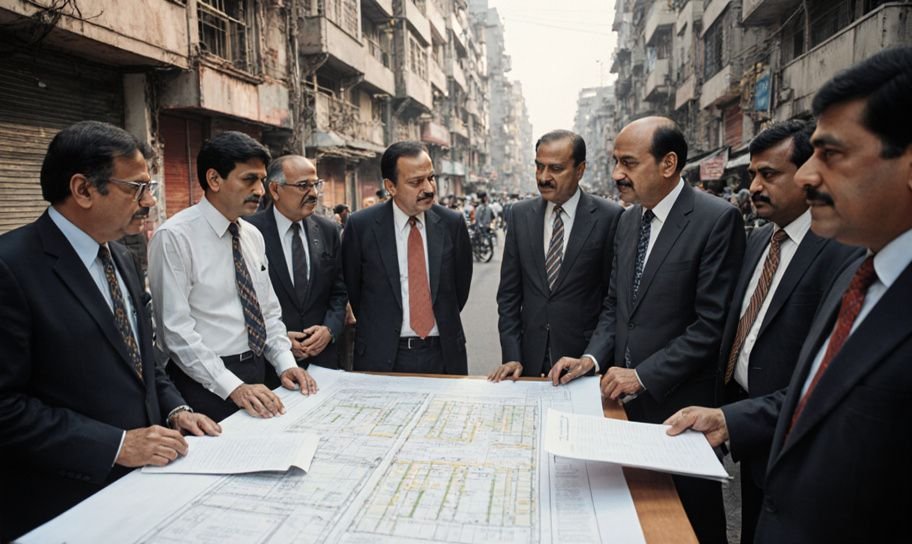
Summary: The Bombay High Court confirmed a decision supporting Dr. Harshad Pandya's heirs in a dispute over extra building rights in a housing society. The court found the agreements valid and binding, dismissing the society's objections.
The dispute revolves around the Linking Road Housing Society in Mumbai. Dr. Harshad Pandya, a founding member, had an agreement with the society to use extra building rights. After his passing, his heirs continued the dispute when the society challenged the validity of the agreements.
In 1977, the Municipal Corporation of Greater Mumbai granted the society extra building rights in exchange for land. Initially, the society planned to build a bungalow, but later decided to allow Dr. Pandya to construct additional premises on an existing building.
"The society, by letter dated 5 November 1989, confirmed the allotment of the extra building rights."
Due to policy changes, the original building rights expired. The society allowed Dr. Pandya to use Transferable Development Rights (TDR) instead. Multiple agreements were signed to formalize these changes.
The society argued that the agreements were unauthorized, claiming they were executed without proper authority. They also alleged collusion between Dr. Pandya and certain society members.
"The society maintained that the managing committee had no authority to delegate powers to the building rights sub-committee and that the agreements were invalid."
The court found that the agreements were valid as they were executed under the authority given by the society's general body. The society's decisions and actions over the years supported the agreements.
Despite a court order to keep things as they were, the society attempted to cancel the agreements. This action was deemed invalid as it violated the court's directive.
"The resolution dated 2 October 2003, therefore, cannot have any legal force or effect."
The court dismissed the society's petition, confirming the decision of the higher cooperative court. The society must implement the agreements within three months.